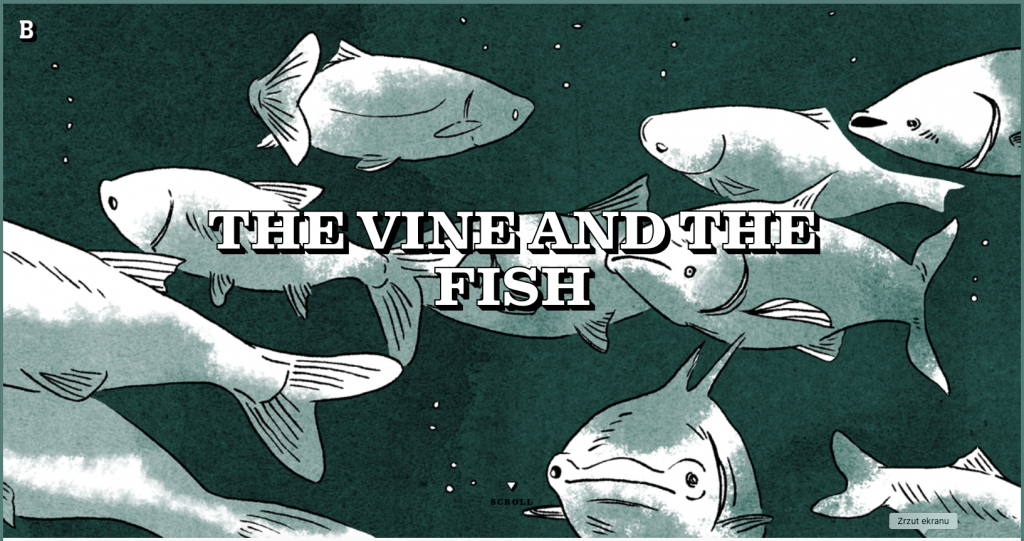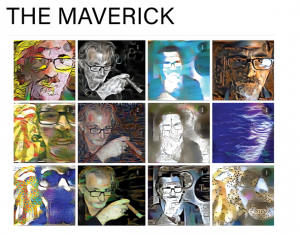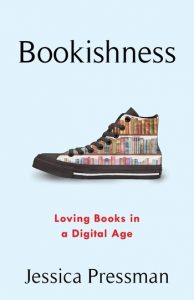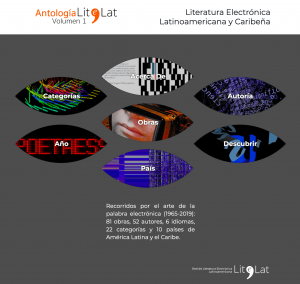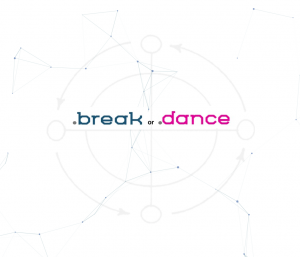The Electronic Literature Organization is proud to offer the following four prestigious awards:
- The Robert Coover Award for a Work of Electronic Literature,
- The N. Katherine Hayles Award for Criticism of Electronic Literature
- The Marjorie C. Luesebrink Career Achievement Award
- The Maverick Award
2025 nominations are now open. Submit today. Nominations close on April 21, 2025 extended to May 9.
Winners will be announced at ELO 2025 during our in-person conference.
The Robert Coover Award for a Work of Electronic Literature is an award given for the best work of electronic literature of any length or genre. Bestowed by the Electronic Literature Organization and funded through a generous donation from supporters and members of the ELO, this annual prize aims to recognize creative excellence. The Prize for 1st Place comes with a $1000 award, with a plaque showing the name of the winner and an acknowledgement of the achievement, and a one-year membership in the Electronic Literature Organization at the Associate Level. One prize for Honorable Mention is awarded and consists of a certificate showing the name of the winner and an acknowledgement of the achievement, and a one-year membership in the Electronic Literature Organization at the Associate Level.
The N. Katherine Hayles Award for Criticism of Electronic Literature is an award given for the best work of criticism, of any length, on the topic of electronic literature. Bestowed by the Electronic Literature Organization and funded through a generous donation from N. Katherine Hayles and others, this annual prize recognizes excellence in the field. The Prize for 1st Place comes with a $1000 award, with a plaque showing the name of the winner and an acknowledgement of the achievement, and a one-year membership in the Electronic Literature Organization at the Associate Level. One prize for Honorable Mention is awarded and consists of a certificate showing the name of the winner and an acknowledgement of the achievement, and a one-year membership in the Electronic Literature Organization at the Associate Level.
The Marjorie C. Luesebrink Career Achievement Award honors a visionary artist and/or scholar who has brought excellence to the field of electronic literature and has inspired others to help create and build the field. Bestowed by the Electronic Literature Organization and funded through a generous donation, it comes with a $1000 award that can go directly to the awardee or to a young scholar who would use the funds in support of developing content for online sources about the awardee’s achievements; a plaque showing the name of the winner and an acknowledgement of the achievement; and a one-year membership in the Electronic Literature Organization at the Associate Level. (No self-nominations for this award.)
The Maverick Award honors an independent spirit: a writer, artist, researcher, programmer, designer, performer, or hybrid creator who does not adhere to a conventional path but creates their own and in so doing makes a singular contribution to the field of electronic literature. (No self-nominations for this award.)
For more information about the Awards, contact Holly Slocum, at holly at eliterature.org.

